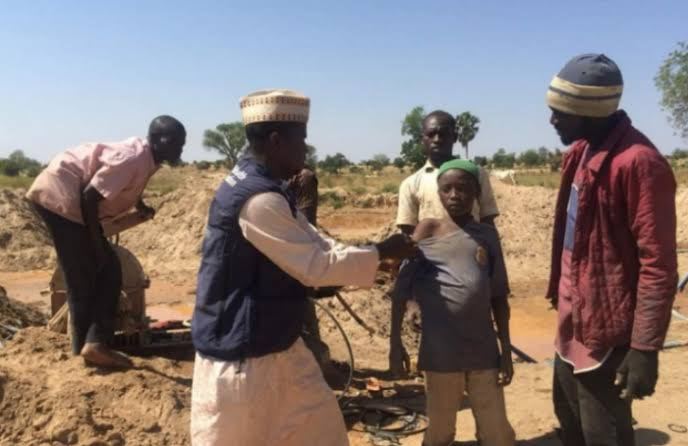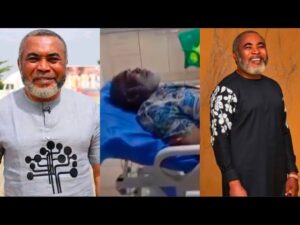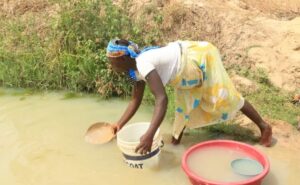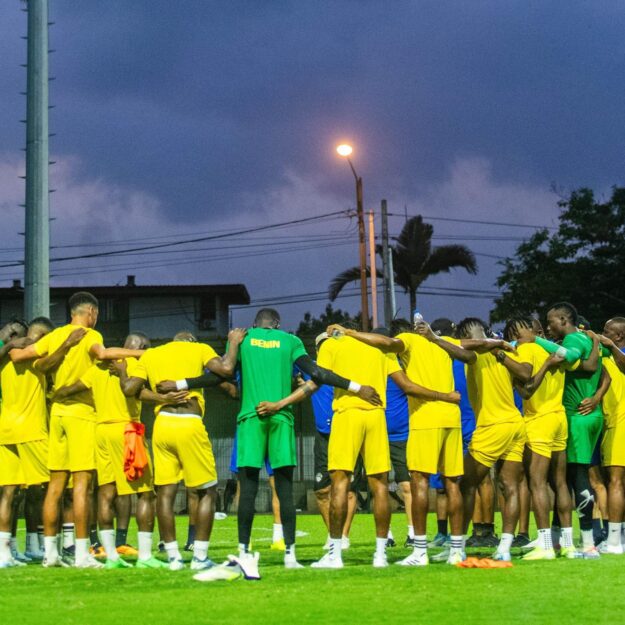
The Nigerian government has begun a yellow fever reactive vaccination campaign in three states to contain an outbreak of the disease in Ebonyi State in August.
In a statement issued via its site on Saturday, the World Health Organisation (WHO) said the vaccination exercise will run for 10 days, from September 7 to 16, in three local government areas in Ebonyi, two LGAs in Benue and one LGA in Cross River.
WHO said the campaign’s target is to vaccinate 1.6 million people (aged 9 months to 44 years old).
“The campaign will use 1,802,044 vaccine doses provided by the International Coordination Group (ICG) on Vaccine Provision, funded by Gavi, the Vaccine Alliance,” it said.
WHO Nigeria, Officer in Charge, Clement Peter, said the campaign will be a crucial activity to stop the spread of the outbreak and ensure that all people at the highest risk are safe.
“We encourage all eligible persons in the target LGAs to come forward and get vaccinated,” he said.
The Director, Disease Control and Immunisation at the National Primary Health Care Development Agency (NPHCDA), Joseph Oteri, implored people to protect themselves and their families by taking advantage of vaccination.
“Reducing exposure to mosquitoes, including the use of insect repellent to avoid bites both during the day and at night and removing potential breeding sites such as standing water containers are also effective,” Mr Oteri said.
The vaccination campaign is being carried out in collaboration with the World Health Organisation (WHO), Gavi, the Vaccine Alliance and other development partners in Benue, Cross River and Ebonyi states.
Yellow fever, which is vaccine-preventable, was on the verge of being eliminated in Nigeria until cases of the disease were reported in Kwara State in 2017.
Since then, there have been many reported cases, the most recent notification being from Bauchi and Borno states.
The deadly disease is being transmitted by infected mosquitoes. It can not be transmitted from humans to humans.
The “yellow” in the name refers to jaundice that affects some patients.
Symptoms of yellow fever include fever, headache, jaundice, muscle pain, nausea, vomiting and fatigue.
Vaccination is the most important means of preventing yellow fever.
WHO recommends that pre-emptive vaccination campaigns be carried out in neighbouring areas not directly affected by a yellow fever outbreak but face heightened risk and vulnerability.
Outbreaks in Nigeria
Between September 2017 and December 2018, 3,902 suspected cases were reported from Nigeria’s 36 states and the FCT.
Out of the 3,295 samples collected and tested, 185 were presumed positive and sent to the Institute Pasteur (IP) Dakar for further analysis.
According to NCDC, 78 positive cases from 14 states (Kwara, Kogi, Kano, Zamfara, Kebbi, Nasarawa, Niger, Katsina, Edo, Ekiti, Rivers, Anambra, FCT, and Benue states) were confirmed at IP, Dakar.
Cases in Ebonyi
Since May 2019, more than 55 suspected cases have been reported from eight LGAs in Ebonyi State. Most of the reported cases in recent weeks were from Izzi LGA in the state.
Nine of the suspected cases have tested positive for yellow fever but further tests are pending. About 20 of the suspect cases have died, giving a case fatality ratio of 40 per cent.
WHO said the response will cover Izzi and surrounding local governments with contiguous borders (such as, Abakaliki in Ebonyi State, Yala in Cross River State, and Ada and Oju local governments in Benue State).
The agency said a rapid response team (RRT) under the leadership of NPHCDA, NCDC, and other partners, has been deployed.
The assignment of the team is to investigate the cases, strengthen efforts to control virus circulation and sensitise health workers and communities on prevention methods against yellow fever.
It said the response to the outbreak in Ebonyi State is part of the global strategy to Eliminate Yellow Fever Epidemics (EYE) by 2026.
With the support from WHO, UNICEF, Gavi, the Vaccine Alliance and more than 50 partners, Nigeria has developed a 10-year strategic elimination plan to improve yellow fever diagnosis capacity, childhood immunisation and overall population immunity in all states.
Nigeria is a priority country for the EYE Strategy and it is expected that more than 75 million people will be protected against yellow fever in the country by the end of 2021.
Gavi Country Programmes Managing Director, Thabani Maphosa, said “the global vaccine stockpile is our last line of defence against the growing threat of yellow fever outbreaks.
“The most important long-term strategy is high coverage of yellow fever vaccination during preventive campaign and in routine immunisation so every child is protected, preventing outbreaks from happening in the first place,” he said.
You may be interested

‘It Was A Fair Result’ — Troost-Ekong Reacts To Super Eagles Stalemate Vs Benin Republic
Webby - November 15, 2024Super Eagles captain William Troost-Ekong claimed the Super Eagles deserved a point from their 2025 Africa Cup of Nations qualifying…
Dikko Vows Full NSC Support For Nigerian Teams’ Continental Success
Webby - November 15, 2024National Sports Commission (NSC) Chairman, Shehu Dikko, has pledged the Commission’s commitment to support all Nigerian sports teams competing on…

Super Eagles Goalkeeper Nwabali Loses Father
Webby - November 15, 2024Super Eagles goalkeeper, Stanley Nwabali, has lost his father.Nwabali announced the death of his father on Instagram on Friday, November…




















![American Pastor, David Wilson Seen Eating The Box Of Woman Who Isn’t His Wife [Video]](https://onlinenigeria.com/wp-content/uploads/2019/10/american-pastor-david-wilson-seen-eating-the-box-of-woman-who-isnt-his-wife-video-150x150.jpg)









